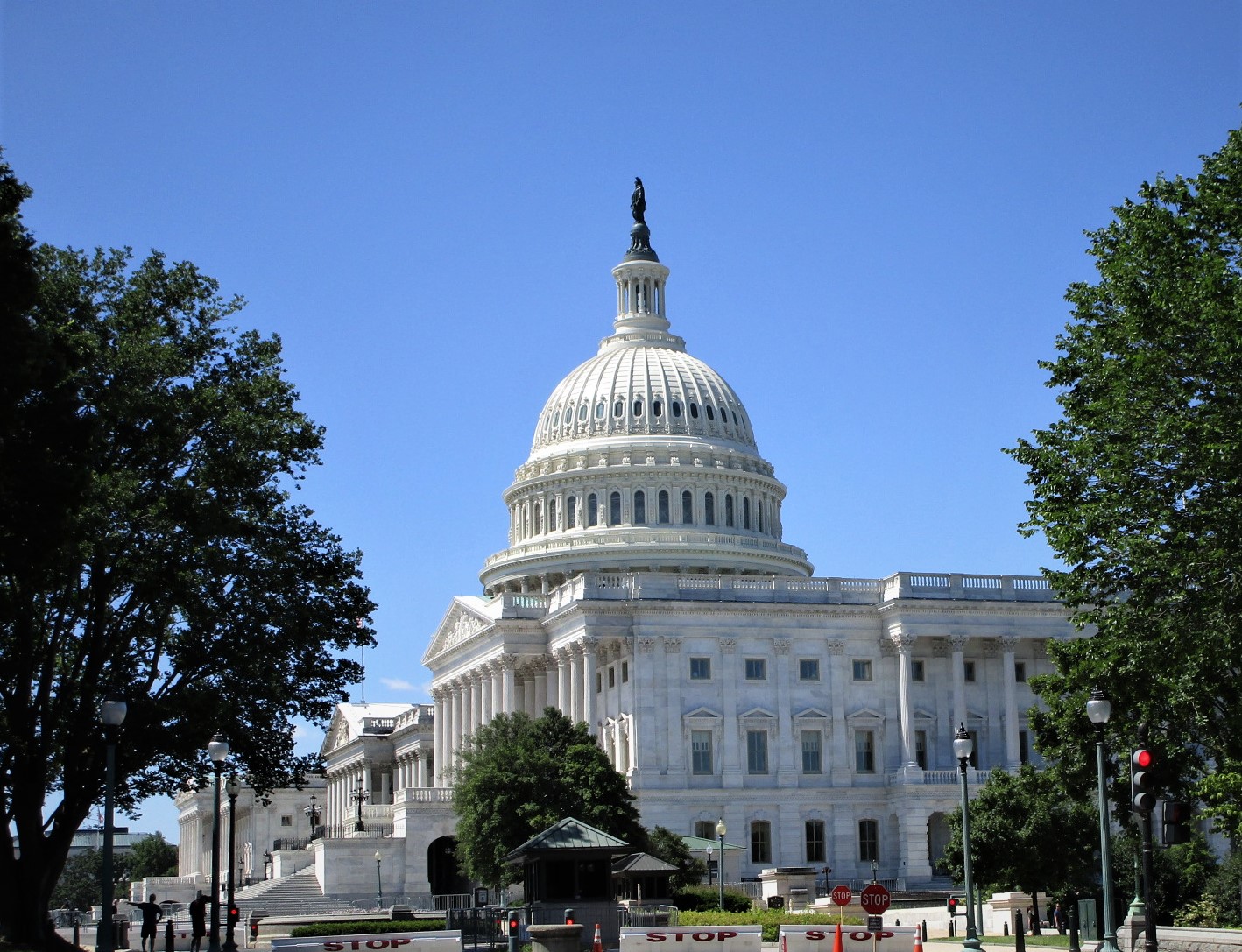Democrats Poised to Re-Take Senate
Would mean tougher merger oversight, likely return of net neutrality rules

The smarter way to stay on top of the multichannel video marketplace. Sign up below.
You are now subscribed
Your newsletter sign-up was successful
At press time early Wednesday (Jan. 6) it looked as though Democrats were going to win both Georgia Senate race run-offs and reclaim control of that body.
If Democrats have their way, and holding majorities in the House and Senate and their team in the White House they should, the careening of net neutrality rules between the courts and FCC could stop, but with legislation that establishes broadband access as a Title II service subject to mandatory access, and a return of prohibitions on blocking and throttling, and paid prioritization.
It could also mean legislative action on a host of a host of communications issues from broadband spending to heightened scrutiny of mergers, as well as a Democratic majority on the FCC sooner rather than later. If Republicans had held--or manage to hold since one of the two races was too close to call but with with Democrat Jon Ossoff leading by about 16,000 votes--the Senate could have held up confirmation of a third Democratic FCC commissioner.
Also Read: FBN Tackles Senate Run-Off
with Democrats in control, that could happen within weeks rather than months.
One issue that isn’t going away is the debate over what to do about Section 230, the communications law that has allowed social media to flourish without the threat of civil suits over third party content on their sites.
The concerns about the size and power of Big Tech is bipartisan. There will likely be some changes to Sec. 230.
The smarter way to stay on top of the multichannel video marketplace. Sign up below.
Biden has been a critic of that broad immunity, as have congressional Democrats. But while Republicans were using the issue as a cudgel on Silicon Valley giants they say were systematically censoring conservative speech, Democrats say that charge is bogus and was, at least in part, a way to try and pressure Twitter and Facebook not to flag the President’s tweets before the election. Democrats now in control of Congress are focused on curtailing hate speech and election meddling via changes to Section 230.
With Democrats holding both gavels, privacy legislation could finally see the light of day after lots of bipartisan talk and no action. But former FCC Commissioner Robert McDowell has suggested that, while politically popular, it could still be hard to legislate. In an all Democratic town it becomes an intramural fight, he says, pointing to the large California delegation that would want something at least as strong as the state’s privacy law. “It is difficult even with the most apolitical policymakers. But there is the popular sentiment that something amiss in the tech world.”
And with Democratic chairs of the Senate Commerce and Judiciary Committees, look for more and tougher oversight of media mergers.
But having control over the levers of power puts pressure on Democrats to get things done, with no one else to point to if it doesn't happen.
"If Democrats control the Senate they have no excuse: restore net neutrality, ban facial recognition, protect Section 230, end Big Tech data harvesting, and defend online human rights," said Fight for the Future.
Contributing editor John Eggerton has been an editor and/or writer on media regulation, legislation and policy for over four decades, including covering the FCC, FTC, Congress, the major media trade associations, and the federal courts. In addition to Multichannel News and Broadcasting + Cable, his work has appeared in Radio World, TV Technology, TV Fax, This Week in Consumer Electronics, Variety and the Encyclopedia Britannica.

